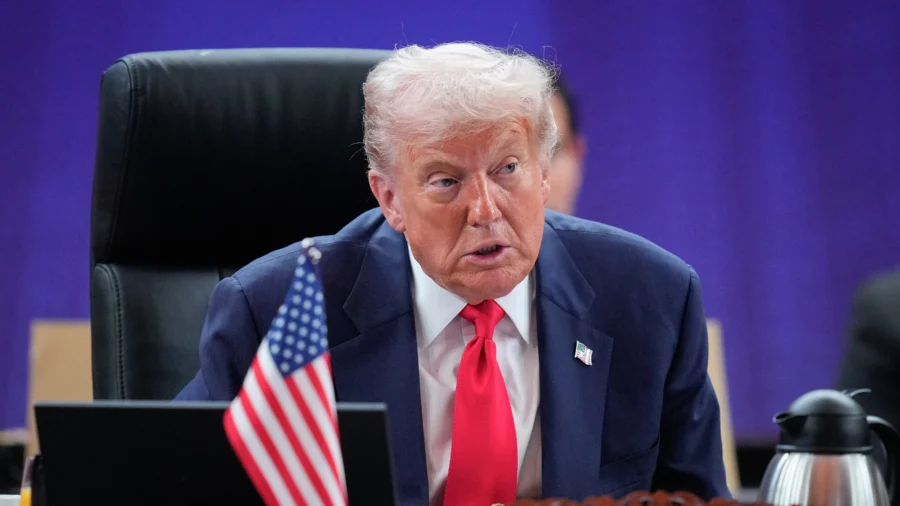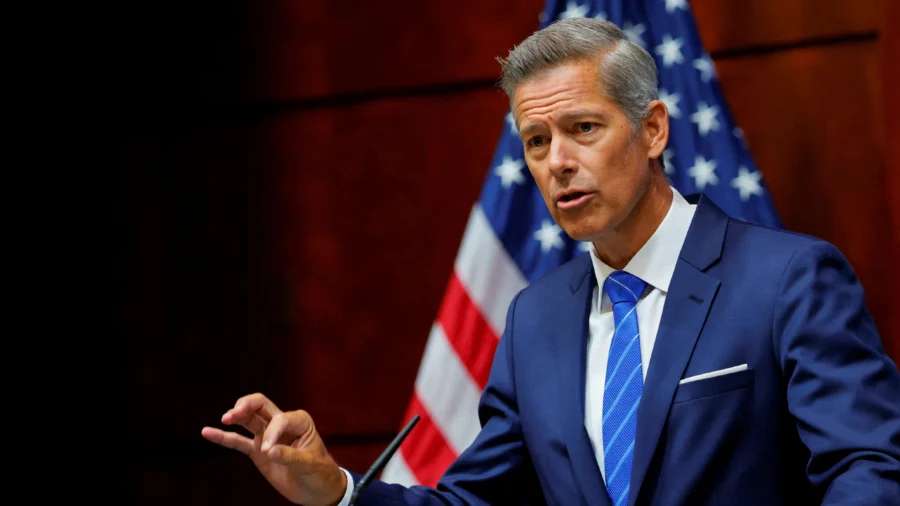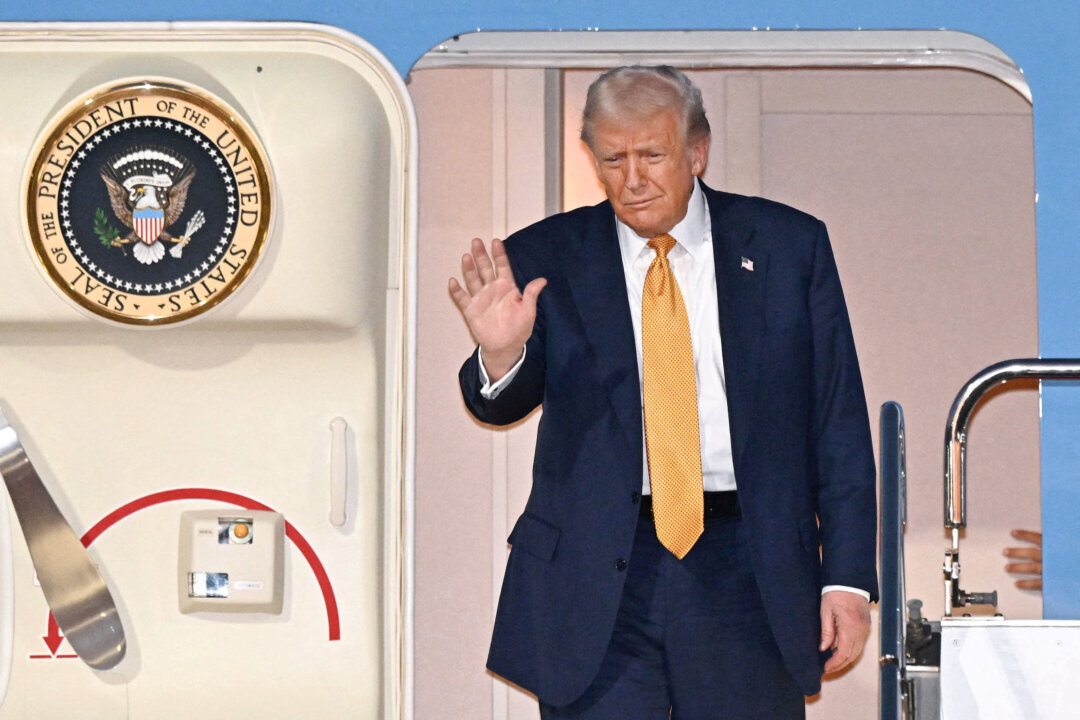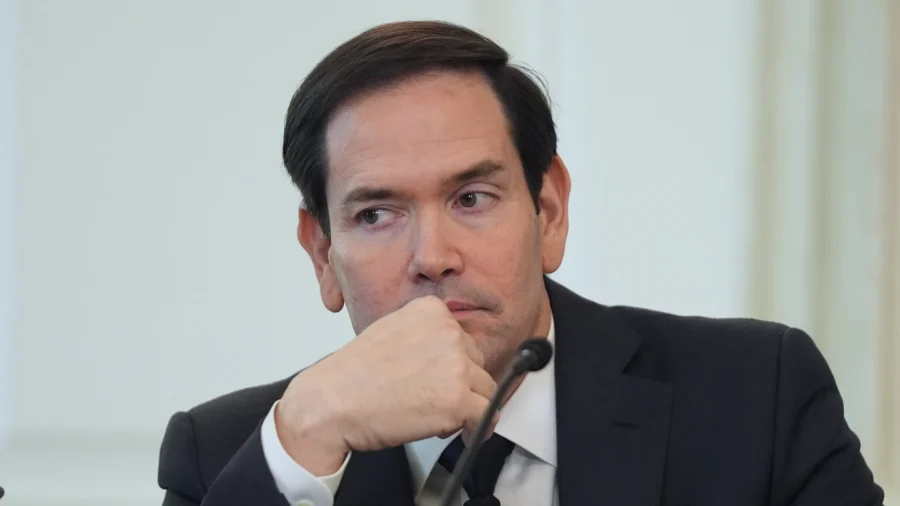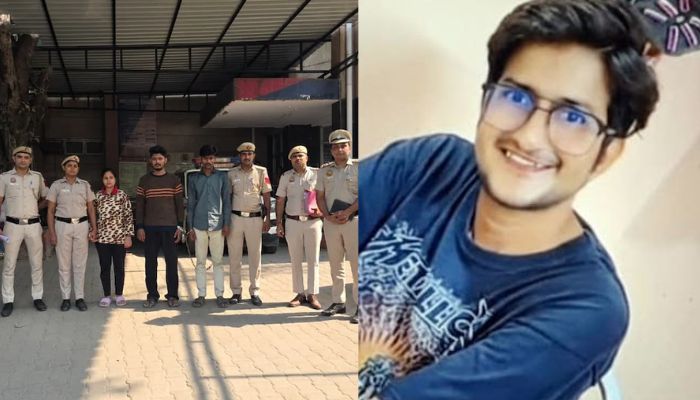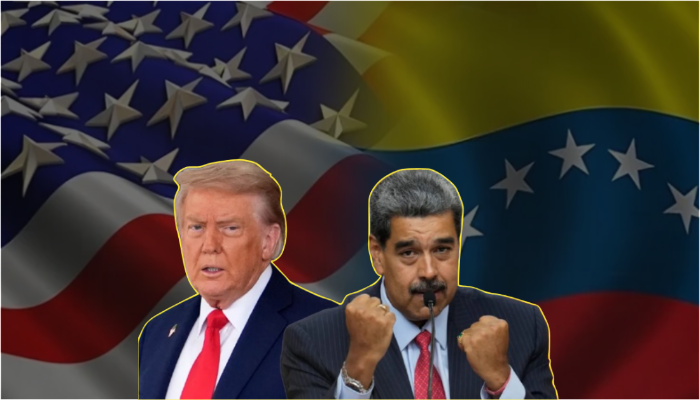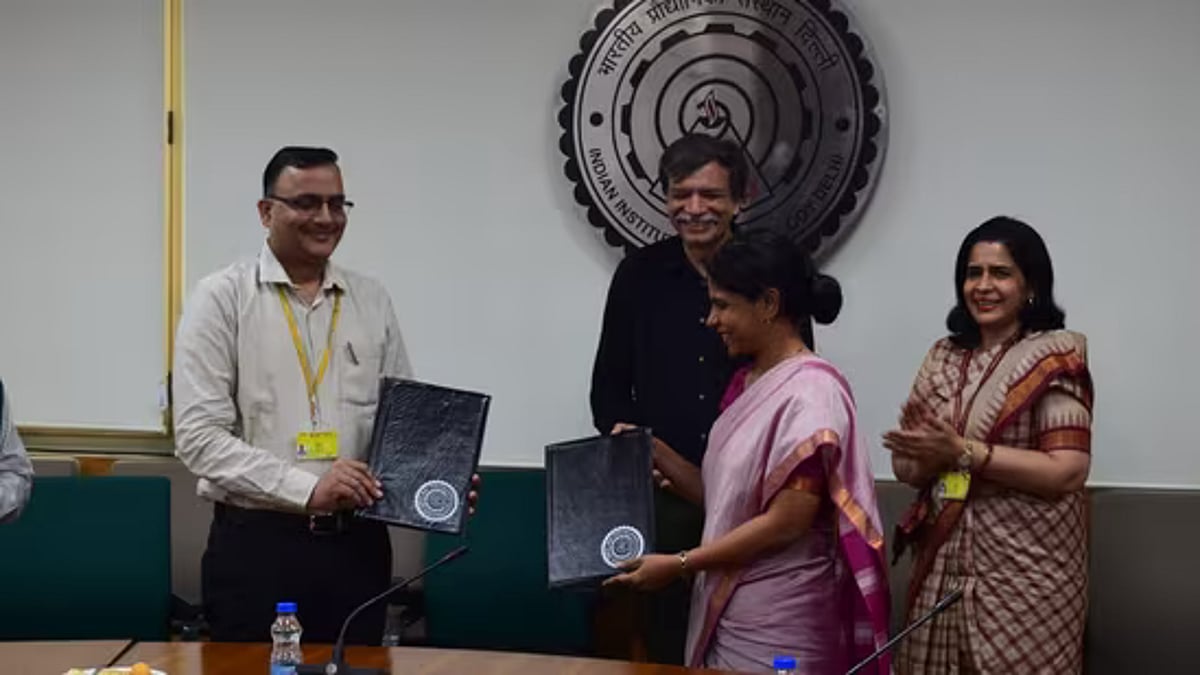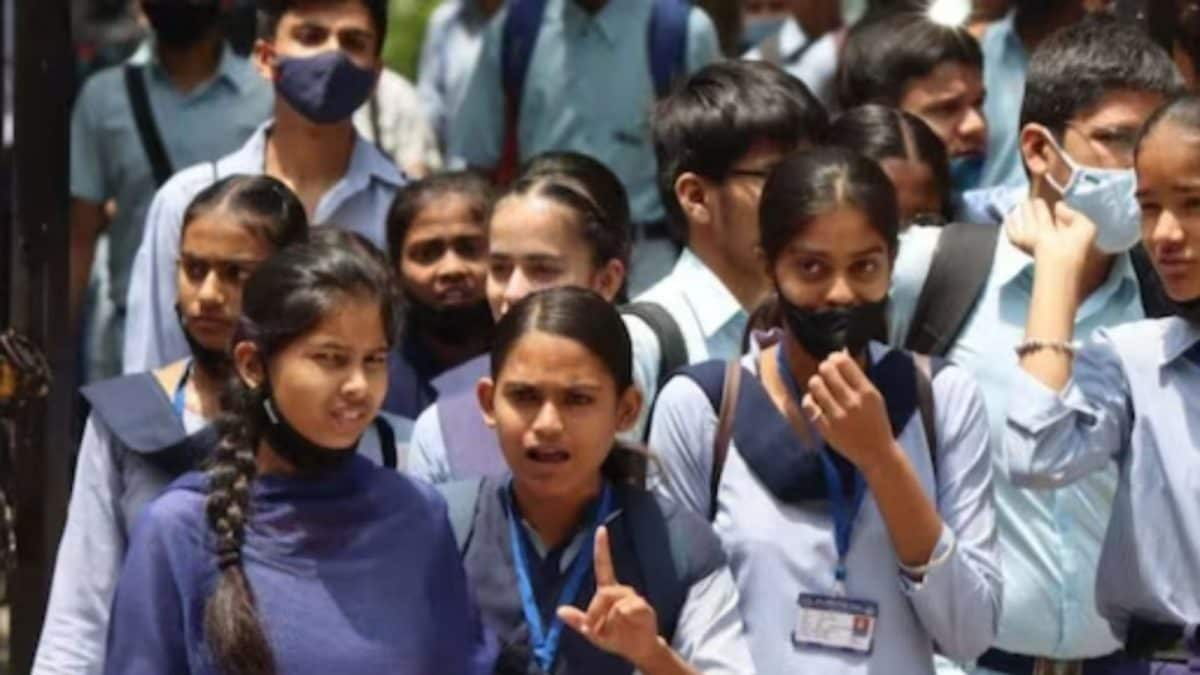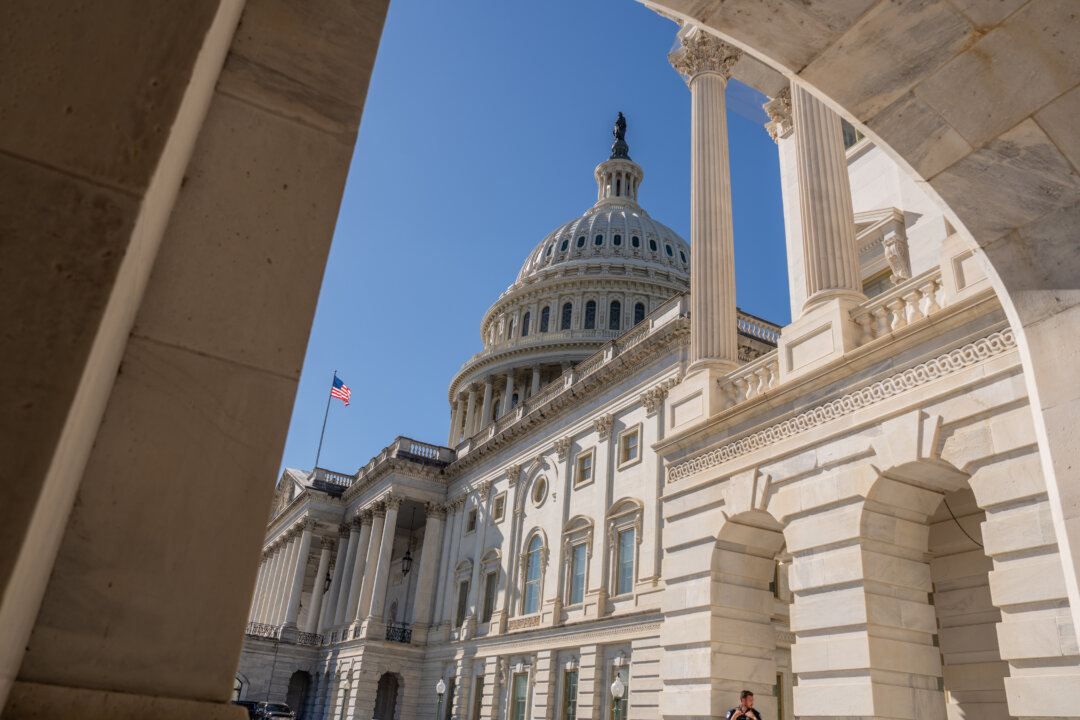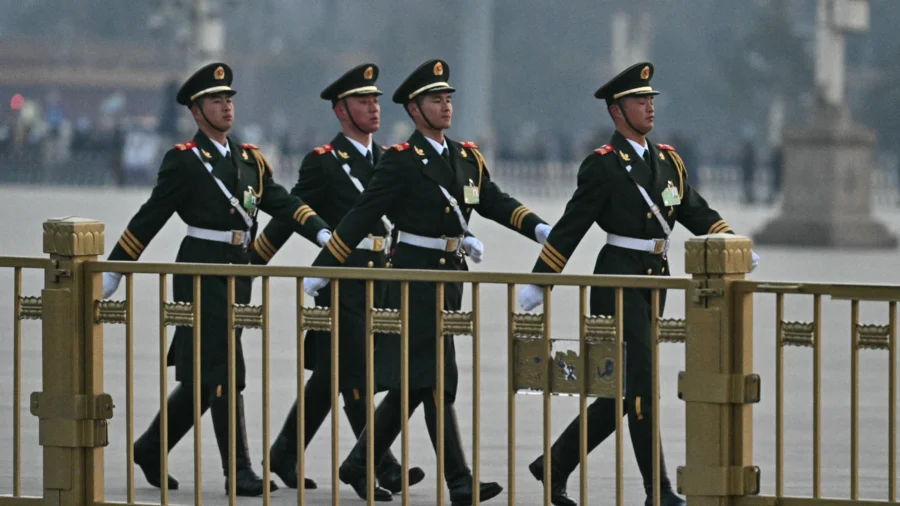Pakistan-Afghanistan peace talks collapse: Why Pakistan’s TTP demands and the US drone issue were deal-breakers
The Peace talks in Istanbul between Pakistan and Afghanistan have completely fallen apart. After three days of negotiations, the two sides failed to reach any agreement, and the talks ended with no outcome. Now, both countries are blaming each other for the failure. Turkish and Qatari officials, who were also hosting the negotiations and seeking a compromise (serving as mediators), are said to be still negotiating for a breakthrough, but for now, the talks are stuck. The Border conflict that led to the Meeting These talks were an emergency measure because the two countries were in the middle of a serious, war-like situation just a few weeks ago. It began on October 9, when cross-border air raids were carried out by Pakistan into Afghanistan. Pakistan claimed that it was attacking camps of the Tehreek-e-Taliban Pakistan (TTP), an organisation that had killed hundreds of Pakistani troops. The Afghan Taliban’s response was fast and powerful. They launched a massive “counteroffensive” all along the border. According to reports, the fighting was incredibly heavy. The Taliban claimed they killed 58 Pakistani soldiers and destroyed 20 security outposts over a single weekend. The violence got out of control to the point that even other countries, including Saudi Arabia and Qatar, had to step in. They managed to get both sides to agree to an “immediate ceasefire” on October 19. The first round of talks was held in Doha, and this meeting in Istanbul was supposed to be the final step to make the peace last. What went wrong during the meetings Even though the talks in Doha seemed positive, the Istanbul session collapsed on some issues that both sides refused to compromise on. Pakistan has a Big Demand as they want “written guarantees” that the Afghan Taliban would stop the TTP. But sources say they went even further. The Pakistani team asked the Afghan side to agree that Pakistan has the “right to carry out attacks on Afghan soil” whenever the TTP attacks them. On the other hand, the Afghan Taliban had a major demand of their own. They informed Pakistan that it has to cease granting permission to American drones to cross its airspace to fly into Afghanistan. Both demands were rejected The Afghan delegation, consisting of senior members such as Anas Haqqani and Suhail Shaheen, argued that the TTP is an “old and internal” problem for Pakistan, not theirs. They assured no one would use Afghan territory to attack another nation, but they would not agree to Pakistan’s authority to initiate attacks. On the drone issue, Pakistan’s delegation reportedly admitted for the first time that they have an agreement with a “foreign country”, meaning the U.S., for drone strikes and that they “cannot” break that agreement. Mediators flummoxed by Pakistan’s strange behaviour The Turkish and Qatari mediators were reportedly left totally shocked and confused by the Pakistani team’s strange behaviour. Sources said the Afghan delegation was trying hard to have constructive talks and find a real solution. But it seemed the Pakistani team, reportedly headed by a senior general from the ISI, Pakistan’s intelligence agency, didn’t have the same intention. There seemed to be no coordination within the Pakistani team. Insiders said that just when they were getting close to an agreement, the Pakistani delegation suddenly backed out, leaving the mediators surprised. Warning of open war As the negotiations were unsuccessful, the situation is dangerous. Even before the talks collapsed, Pakistan’s Defence Minister, Khawaja Asif, gave a strong warning. He stated that if the negotiations fail, there is another option on the table that is open confrontation or open war with Afghanistan. The Pakistani delegation in Istanbul said the same thing: with no security agreement, Pakistan will “continue to target terrorists inside or outside” its borders. While all this was going on, U.S. President Donald Trump also tweeted regarding the clashes, stating, “I heard that Pakistan and Afghanistan have started up, but I will solve it very quickly.”



The Peace talks in Istanbul between Pakistan and Afghanistan have completely fallen apart. After three days of negotiations, the two sides failed to reach any agreement, and the talks ended with no outcome.
Now, both countries are blaming each other for the failure. Turkish and Qatari officials, who were also hosting the negotiations and seeking a compromise (serving as mediators), are said to be still negotiating for a breakthrough, but for now, the talks are stuck.
The Border conflict that led to the Meeting
These talks were an emergency measure because the two countries were in the middle of a serious, war-like situation just a few weeks ago.
It began on October 9, when cross-border air raids were carried out by Pakistan into Afghanistan. Pakistan claimed that it was attacking camps of the Tehreek-e-Taliban Pakistan (TTP), an organisation that had killed hundreds of Pakistani troops.
The Afghan Taliban’s response was fast and powerful. They launched a massive “counteroffensive” all along the border. According to reports, the fighting was incredibly heavy. The Taliban claimed they killed 58 Pakistani soldiers and destroyed 20 security outposts over a single weekend.
The violence got out of control to the point that even other countries, including Saudi Arabia and Qatar, had to step in. They managed to get both sides to agree to an “immediate ceasefire” on October 19. The first round of talks was held in Doha, and this meeting in Istanbul was supposed to be the final step to make the peace last.
What went wrong during the meetings
Even though the talks in Doha seemed positive, the Istanbul session collapsed on some issues that both sides refused to compromise on.
Pakistan has a Big Demand as they want “written guarantees” that the Afghan Taliban would stop the TTP. But sources say they went even further. The Pakistani team asked the Afghan side to agree that Pakistan has the “right to carry out attacks on Afghan soil” whenever the TTP attacks them.
On the other hand, the Afghan Taliban had a major demand of their own. They informed Pakistan that it has to cease granting permission to American drones to cross its airspace to fly into Afghanistan.
Both demands were rejected
The Afghan delegation, consisting of senior members such as Anas Haqqani and Suhail Shaheen, argued that the TTP is an “old and internal” problem for Pakistan, not theirs. They assured no one would use Afghan territory to attack another nation, but they would not agree to Pakistan’s authority to initiate attacks.
On the drone issue, Pakistan’s delegation reportedly admitted for the first time that they have an agreement with a “foreign country”, meaning the U.S., for drone strikes and that they “cannot” break that agreement.
Mediators flummoxed by Pakistan’s strange behaviour
The Turkish and Qatari mediators were reportedly left totally shocked and confused by the Pakistani team’s strange behaviour.
Sources said the Afghan delegation was trying hard to have constructive talks and find a real solution. But it seemed the Pakistani team, reportedly headed by a senior general from the ISI, Pakistan’s intelligence agency, didn’t have the same intention.
There seemed to be no coordination within the Pakistani team. Insiders said that just when they were getting close to an agreement, the Pakistani delegation suddenly backed out, leaving the mediators surprised.
Warning of open war
As the negotiations were unsuccessful, the situation is dangerous. Even before the talks collapsed, Pakistan’s Defence Minister, Khawaja Asif, gave a strong warning. He stated that if the negotiations fail, there is another option on the table that is open confrontation or open war with Afghanistan.
The Pakistani delegation in Istanbul said the same thing: with no security agreement, Pakistan will “continue to target terrorists inside or outside” its borders.
While all this was going on, U.S. President Donald Trump also tweeted regarding the clashes, stating, “I heard that Pakistan and Afghanistan have started up, but I will solve it very quickly.”


